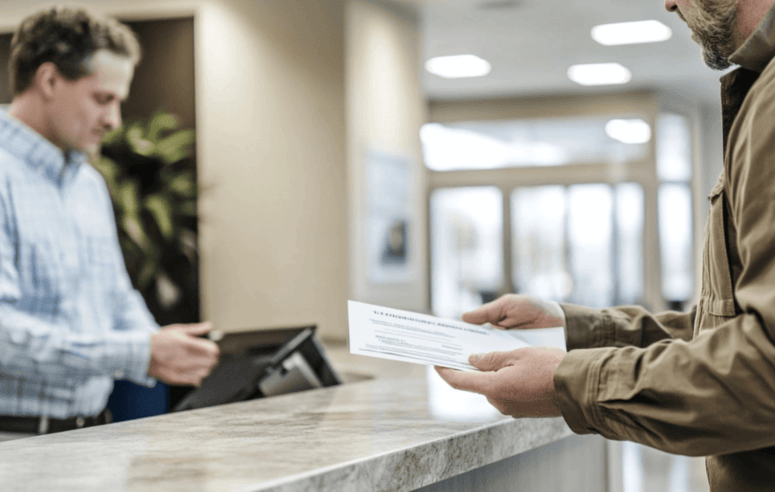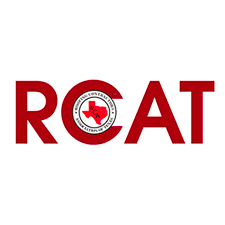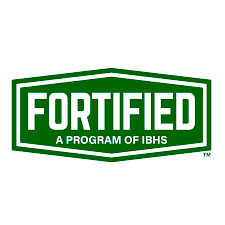
In the world of roofing and construction, documentation plays a crucial role. One such document that often comes into play is the roofing completion certificate. But what is this certificate, and do you really need one?
What is a Roofing Completion Certificate?
A roofing completion certificate is a document issued upon the completion of a roofing project. It serves as a formal declaration that the roofing work has been completed to a satisfactory standard, in accordance with the agreed-upon contract and relevant building codes.
The certificate typically includes key details about the project (see section ), such as the property address, the name of the roofing contractor, a description of the work done, and the date of completion. It may also include information about the materials used, the warranty on the work, and any building code or permit details relevant to the project.
The Importance of a Roofing Completion Certificate
A roofing completion certificate serves several important functions. Firstly, it provides assurance that the roofing work has been completed as agreed. This can be particularly important if there are any disputes between the homeowner and the roofing contractor about the scope or quality of the work.
Secondly, the certificate is a record of compliance with building codes. This is important because non-compliance can lead to legal issues, fines, or problems with future building work. The certificate is proof that the work was done in accordance with the relevant codes, providing peace of mind to homeowners and other stakeholders.
When You Might Need a Roofing Completion Certificate
There are several situations in which you might need a roofing completion certificate. One common scenario is when you’re selling your home. Potential buyers, and their mortgage lenders, may want assurance that any recent roofing work on the property was done properly and in compliance with building codes. A roofing completion certificate provides this assurance.
Similarly, if you’re filing an insurance claim for roof damage, your insurance company may require a roofing completion certificate for any repair or replacement work done. This helps the insurance company verify that the work was completed and that it meets the necessary standards.
There are several scenarios when you might need this document, here’s a breakdown of some common ones:
- Building Buyer Confidence
A roofing completion certificate gives potential buyers peace of mind that the roof has been professionally installed or repaired to meet local standards. In real estate, certified roofing can be a valuable asset, as it can minimize questions or concerns about roofing-related repairs or compliance issues. - Streamlining the Sales Process
Many buyers, their lenders, and even insurers may require confirmation that significant structural work, like a roof replacement, was conducted according to code. A roofing completion certificate can speed up the sale by providing documented proof of compliance, eliminating potential legal or inspection-related delays. - Enhanced Property Value
A newly installed, certified roof can improve the property value estimation in a competitive market. Having a roofing completion certificate not only shows transparency and responsibility but can differentiate a property by signaling that recent upgrades are documented and meet safety and quality standards. Homes with certified improvements, especially in essential areas like roofing, often have a competitive edge in real estate negotiations. - Legal Protection
In the event of a dispute following the sale, the roofing completion certificate serves as a safeguard. It provides the new owner with evidence that the roofing work was compliant at the time of sale, and that there were no known defects. This protects both the buyer and the seller from unforeseen liability regarding roofing issues. - Environmental Rebates and Incentives
For homeowners who have installed energy-efficient or eco-friendly roofing materials (solar panels, for example), the roofing completion certificate can also aid in obtaining environmental rebates or tax incentives. Many rebate programs require proof of compliance with green standards, and a completion certificate can help demonstrate that the roofing project meets the necessary requirements.
How to Get a Roofing Completion Certificate

Obtaining a roofing completion certificate typically involves your roofing contractor and your local building department. Here’s how to ensure you obtain it smoothly:
- Include It in the Contractor Agreement
Before any work begins, make sure that the provision of a completion certificate is included in the contract with your roofing contractor. Reputable roofing contractors typically understand this requirement and can facilitate the process. However, explicitly stating this sets clear expectations and ensures that you’ll have the necessary documentation at the end of the project. - Undergo Required Inspections
Roofing work often requires inspection by local building authorities to confirm compliance with building codes and safety standards. This inspection process typically involves:- Initial Permit: The contractor usually pulls a permit from the local building department before starting work.
- Ongoing Inspections: Inspections may be conducted at different stages, depending on local regulations. These could range from an initial assessment of materials to a final inspection upon project completion.
- Final Inspection for Certification: After the roofing work is done, the final inspection will confirm that all work meets code. Passing this inspection is usually the last step before the completion certificate can be issued.
- Working with Local Authorities
If your contractor does not handle the completion certificate, you may need to coordinate with your local building department to request the certificate. This process generally requires:- Completion of All Inspections: Verify with your contractor that all inspections have been passed.
- Submission of Finalized Documents: Local authorities may require additional documents, such as the contractor’s licensing information or a final invoice.
- Processing and Issuance: The building department will review the documentation and, upon approval, issue the roofing completion certificate.
- Review the Certificate’s Details
Once issued, review the roofing completion certificate for accuracy. You’ll want to confirm that essential pieces of information is correct:- Property Address and Owner’s Name
- Contractor’s Name and License Number
- Project Completion Date
- Inspection Approval and Compliance Statements
- Specifics on Materials Used (if applicable for insurance or rebates)
We would recommend keeping the certificate and related documents in a safe place. You may need this for future insurance claims, applying for rebates, or providing documentation during a real estate transaction.
Potential Issues Without a Roofing Completion Certificate
Without a roofing completion certificate, you may face several potential issues. As mentioned earlier, if you’re selling your home or filing an insurance claim, not having a certificate can complicate the process. Potential buyers, lenders, or insurance companies may be hesitant to proceed without this assurance of the quality and legality of the roofing work.
Additionally, if your local building department requires a certificate for roofing work, not having one can lead to legal issues or fines. It can also cause problems if you want to do further building work on your property in the future.
Conclusion
In conclusion, a roofing completion certificate is a valuable document that provides assurance of the quality and legality of roofing work. Whether you’re a homeowner, a real estate professional, or a roofing contractor, understanding the importance of this certificate and how to obtain one is crucial. While it may seem like just another piece of paperwork, a roofing completion certificate can help avoid disputes, legal issues, and other potential complications down the line.





